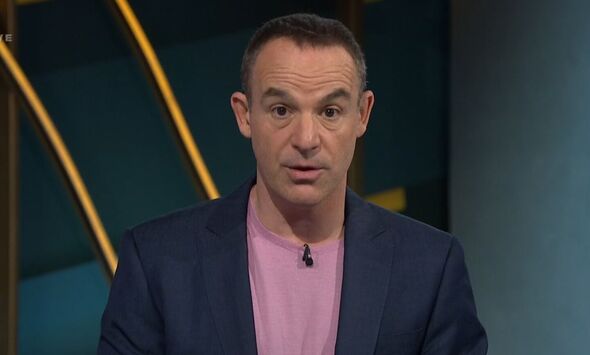
Understanding Inheritance Tax and Legal Ways to Avoid It
Inheritance Tax can be a significant concern for many people, especially when it comes to passing on wealth to their children. However, there are legal strategies that can help reduce or even eliminate the tax burden. One such method has been highlighted by Martin Lewis, the founder of Money Saving Expert, who has shared a fail-safe approach to transfer up to £1 million to your children without them paying any Inheritance Tax.
The standard Inheritance Tax threshold in the UK is £325,000. If you leave more than this amount to your children, they may be required to pay 40% tax on the excess. But Martin Lewis has outlined several steps that allow you to bypass this tax entirely, potentially saving your family up to £675,000.
The Importance of Marriage and Civil Partnerships
One key point Martin Lewis emphasizes is that assets left to a spouse or civil partner are completely tax-free. This means you can leave any amount to your husband, wife, or civil partner without incurring Inheritance Tax. However, this benefit only applies if the relationship was legally recognized through a marriage or civil partnership ceremony. Cohabiting couples, even if they have been together for many years, do not qualify for this exemption.
Martin shared a real-life example where a couple who had been together for 36 years were not married and had no will. When one partner passed away, their children ended up paying £97,000 in Inheritance Tax because the estate wasn’t properly structured.
Utilizing the Residence Nil Rate Band
Another important factor is the Residence Nil Rate Band (RNRB), which allows an additional £175,000 to be passed on tax-free if your main home is included in the inheritance. This means that if your total estate, including property, is worth up to £500,000, you won’t have to pay Inheritance Tax on it.
This means that if you pass on your home to your spouse, they can inherit the full value of the property without facing any tax. Additionally, the unused portion of your Inheritance Tax allowance can be transferred to your spouse. This effectively doubles the tax-free amount available when passing on assets to your children.
A Step-by-Step Strategy for Passing on £1 Million
By following these rules, it’s possible to pass on up to £1 million to your children without any Inheritance Tax. Here’s how it works:
-
Leave Your Home to Your Spouse: Transfer your main residence to your spouse as part of an estate valued at £500,000. This includes the £325,000 standard threshold plus the £175,000 RNRB.
-
Spouse Inherits Your Allowance: When your spouse passes away, they can then leave the entire £1 million (including the house) to your children without paying any Inheritance Tax. This is because they inherit your unused Inheritance Tax allowance, effectively doubling the threshold.
-
Avoiding the 40% Tax Threshold: If you exceed the £1 million threshold, the excess will be taxed at 40%. However, by using the above strategy, you can avoid this tax altogether.
Key Takeaways
- Assets left to a legally married spouse or civil partner are tax-free.
- The Residence Nil Rate Band adds £175,000 to the standard threshold.
- Unused Inheritance Tax allowances can be passed on to a spouse.
- Proper estate planning, including a will, is essential to avoid unexpected tax liabilities.
By understanding these rules and planning accordingly, you can ensure that your loved ones receive the maximum amount of your estate without being burdened by Inheritance Tax.

Post a Comment